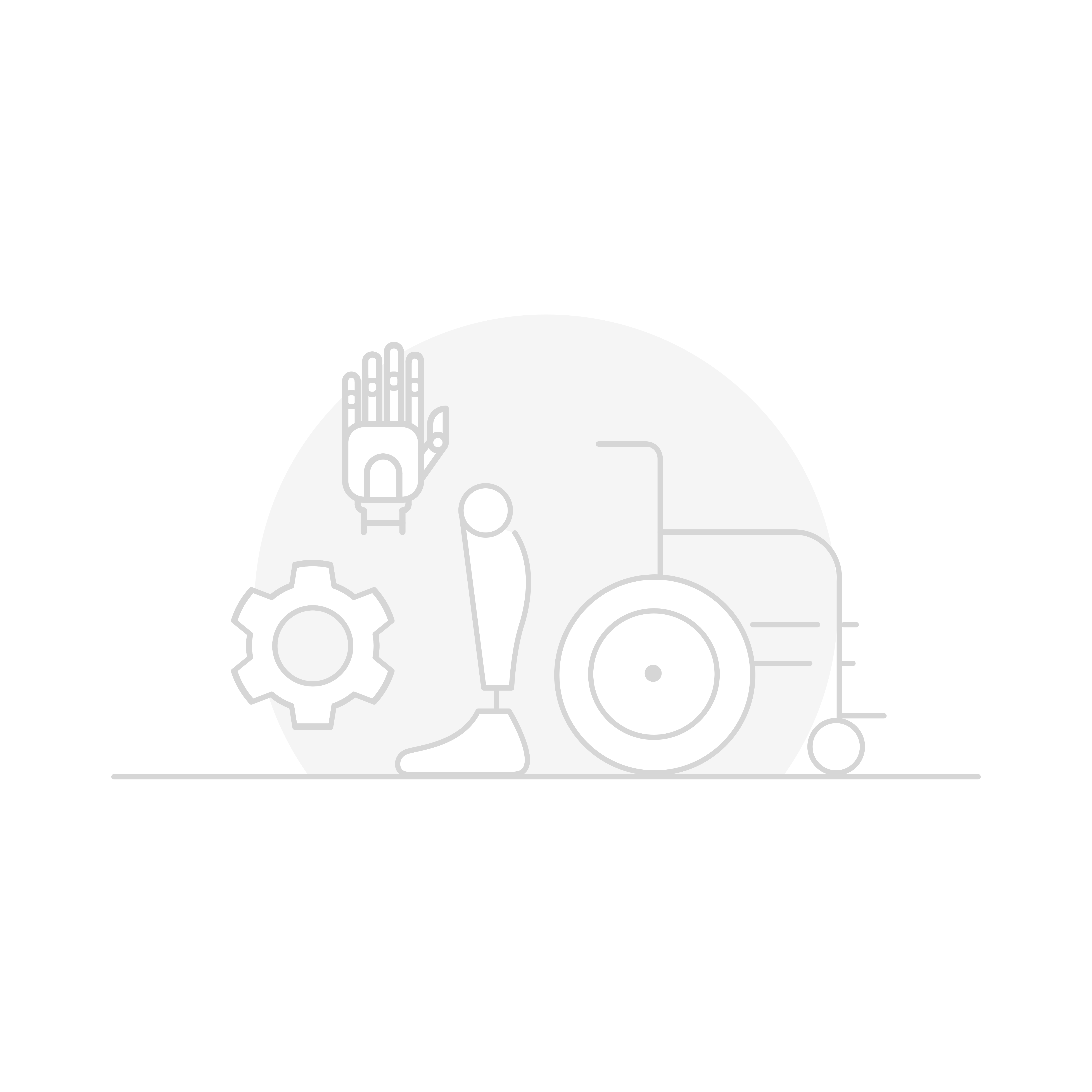


End-to-end solutions for orthopaedic workshops
Ottobock’s Planning & Equipping, Materials department offers end-to-end solutions for orthopaedic workshops. See our expertise for yourself and get inspiration for your own project.
Ottobock’s Planning & Equipping, Materials department offers end-to-end solutions for orthopaedic workshops. See our expertise for yourself and get inspiration for your own project.
Care-Center Bochum - New centre for orthopaedic technology
Building on a rich tradition: on 1 November 1918, Bergmannsheil Hospital in Bochum, operated by the miner's guild, founded an orthopaedic workshop for artificial limbs. Over the decades, the workshop blossomed into one of North Rhine Westphalia's most modern service providers for orthopaedic devices and rehabilitation technology – as Care Center Deutschland GmbH. And just two years after celebrating the company's centenary anniversary, CEO Uwe Brockmann once again had cause to celebrate, when he and his staff moved into brand new premises in their new "Centre for Orthopaedic Technology" on 1 October 2020. When planning and equipping the new premises, the Care Center team left nothing to chance.
Everything from a single source
The ground floor of the new two-storey building is a spacious 1250 m2 in size and houses the Care Center's new 900 m2 orthopaedic service centre. Upstairs on the first floor, various offices are located alongside the 500 m2 orthopaedic footwear service centre. Both service centres were previously housed in a 75-year old building in Bochum's city centre. But moving to an industrial estate in the Weitmar district of Bochum made sense for numerous reasons, according to Uwe Brockmann. "One advantage is that we can now exploit various synergies by having both service centres in such close proximity to our administration and rehabilitation technology departments, which are housed in a building directly opposite the new premises. Another aspect is that we have seen vigorous and steady growth for a number of years. And our former premises were quite simply unable to cope with any more growth," Uwe Brockmann explains.


